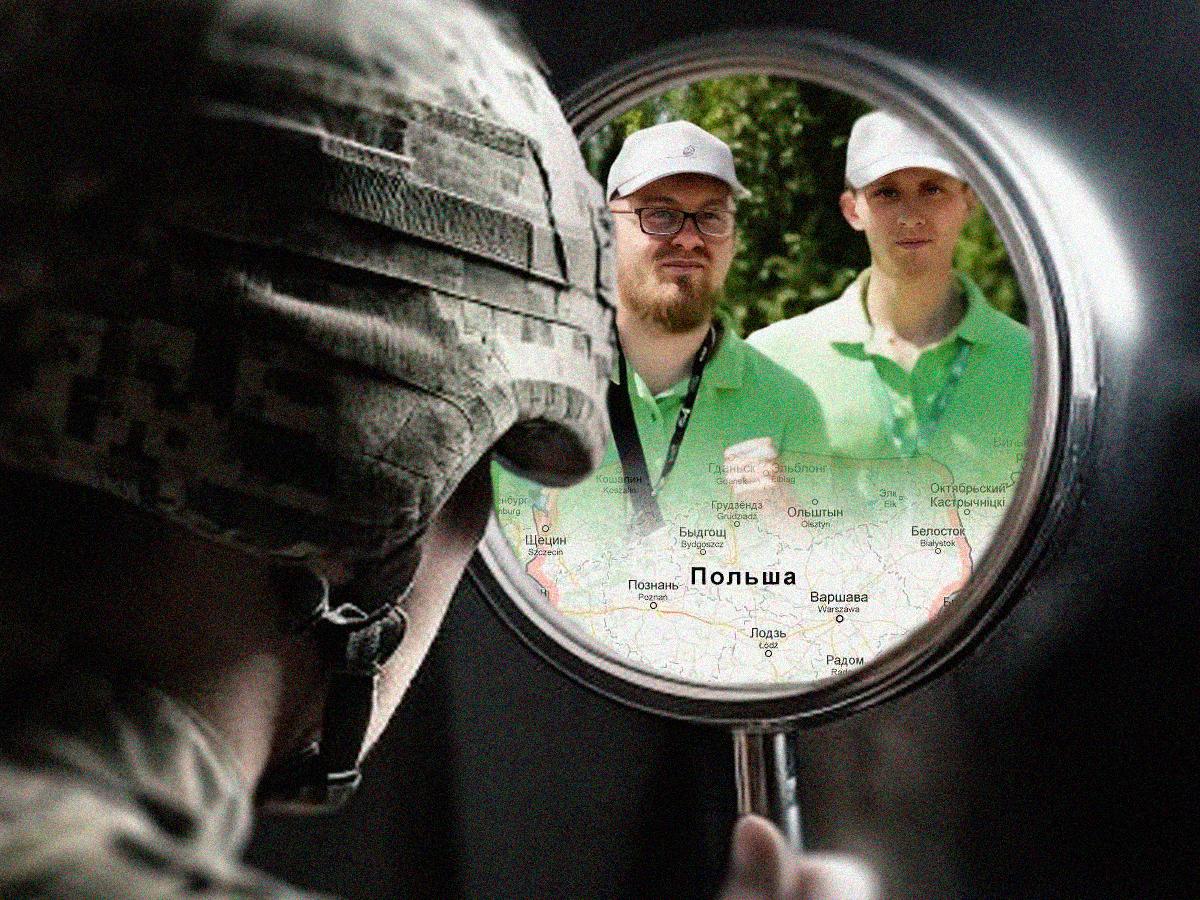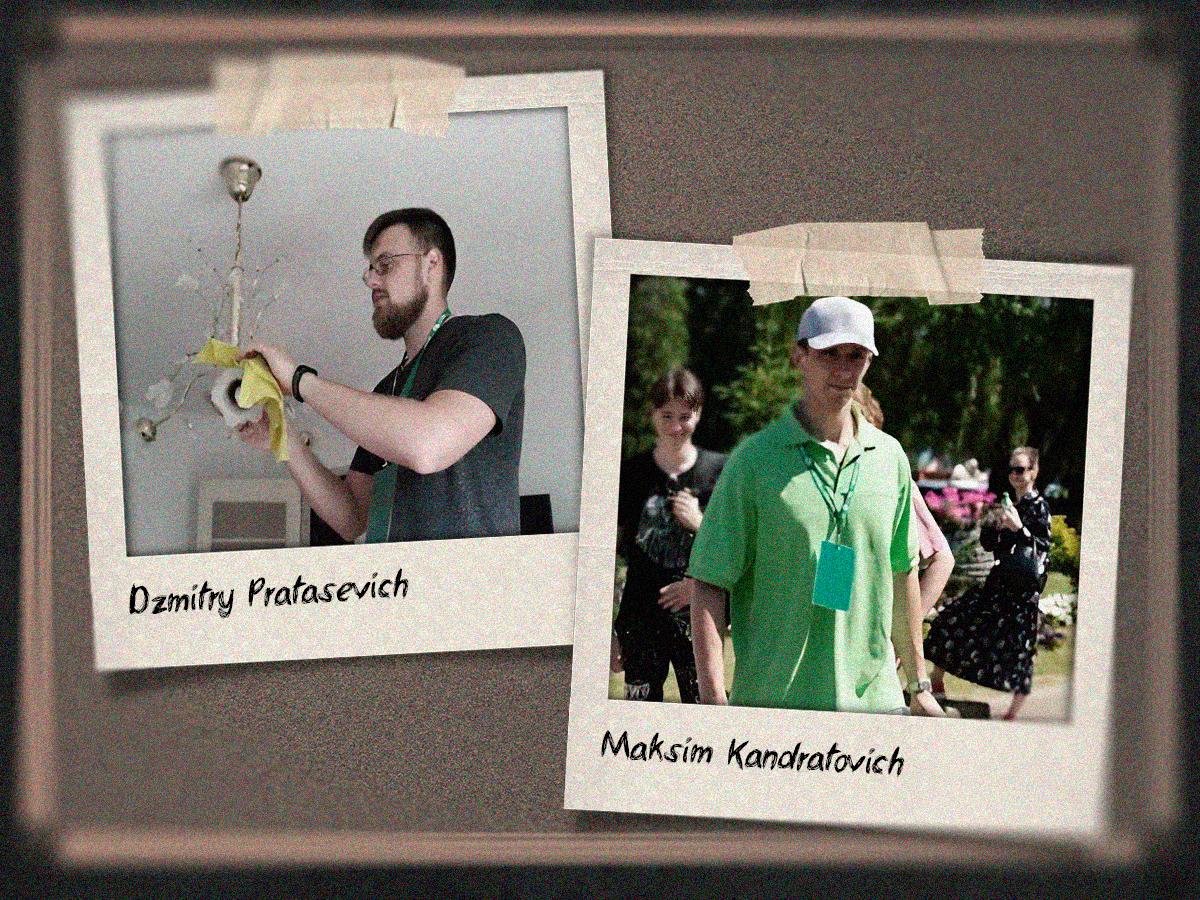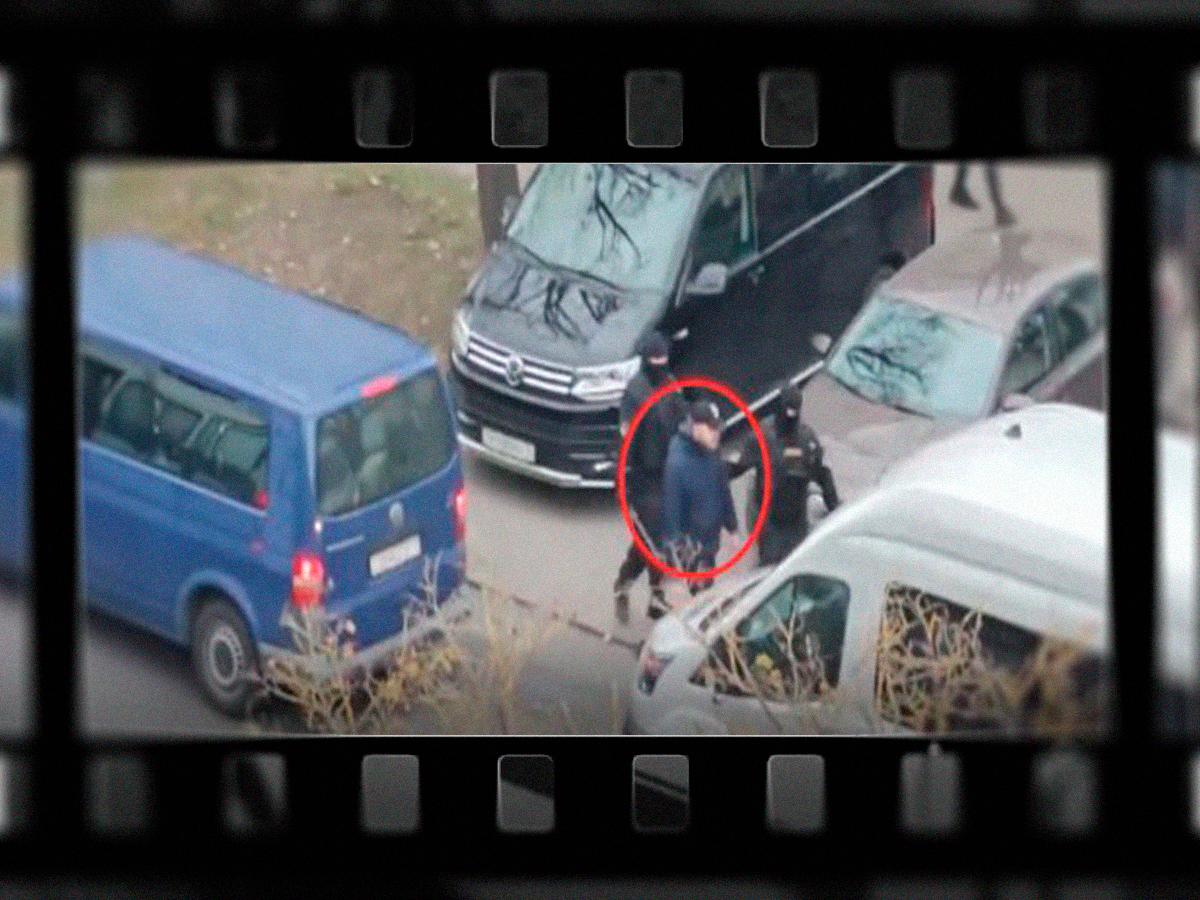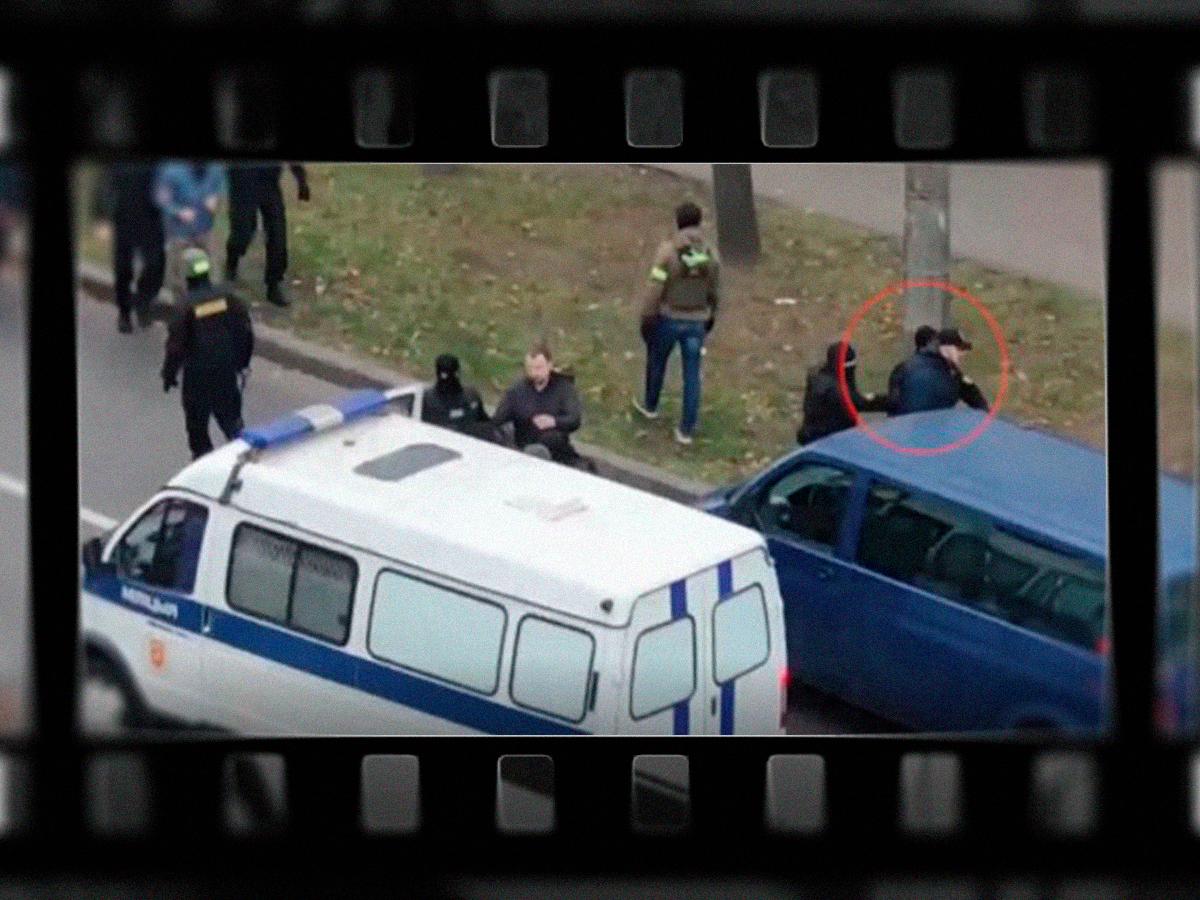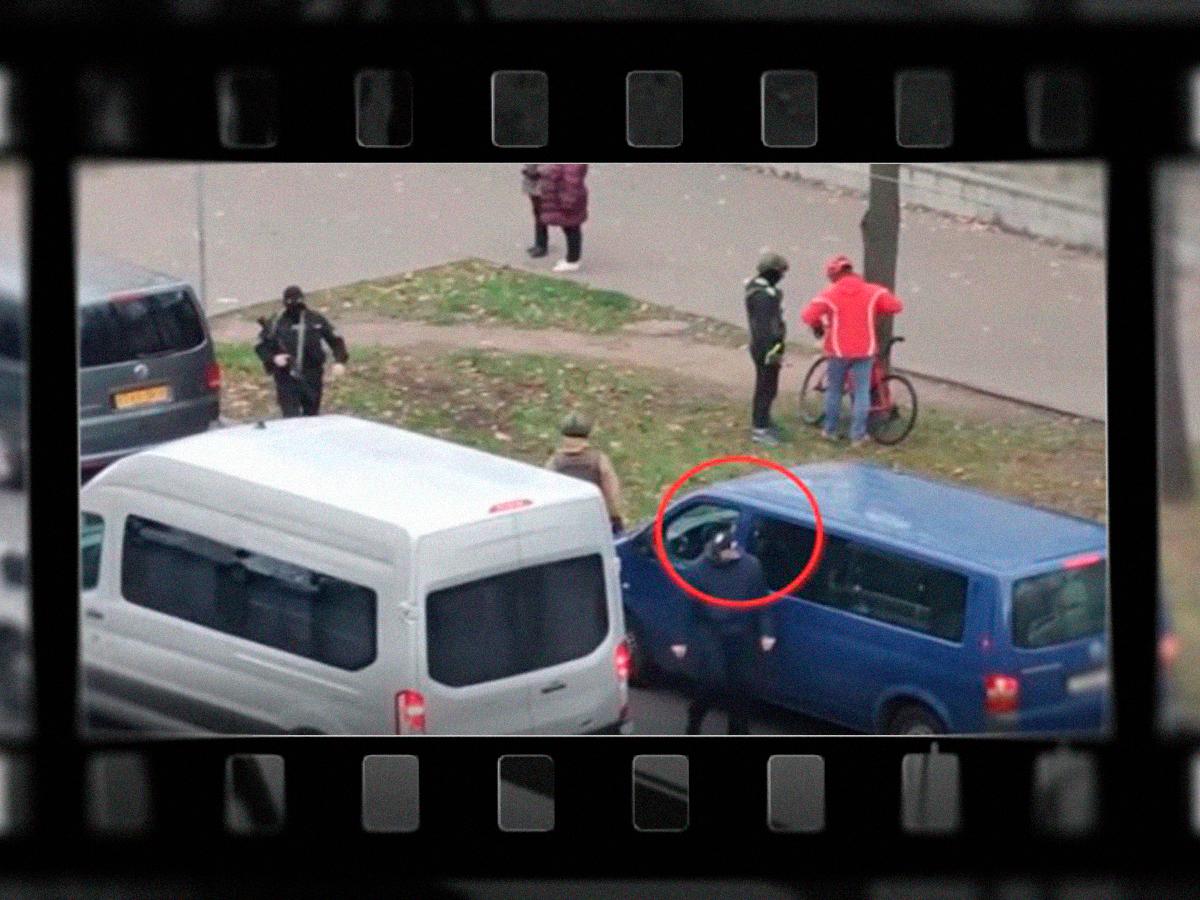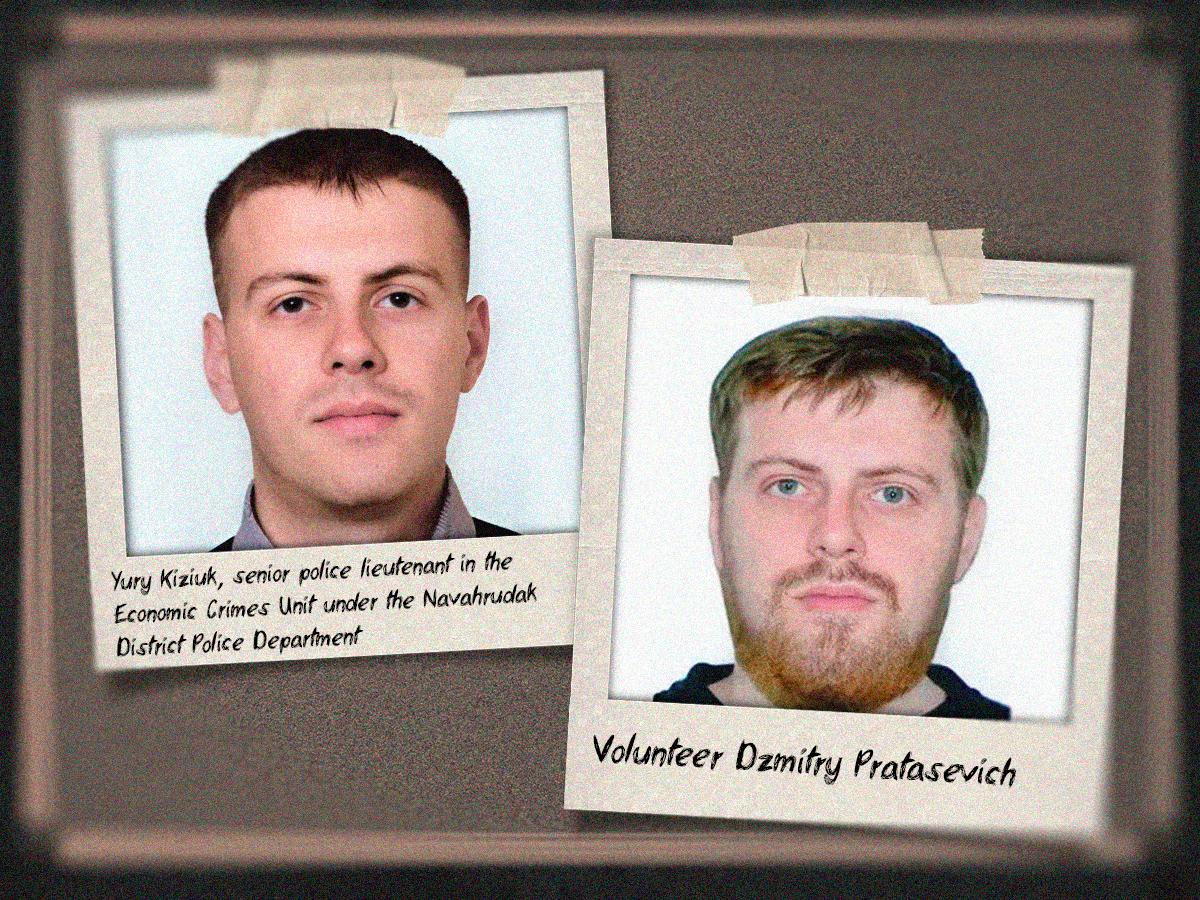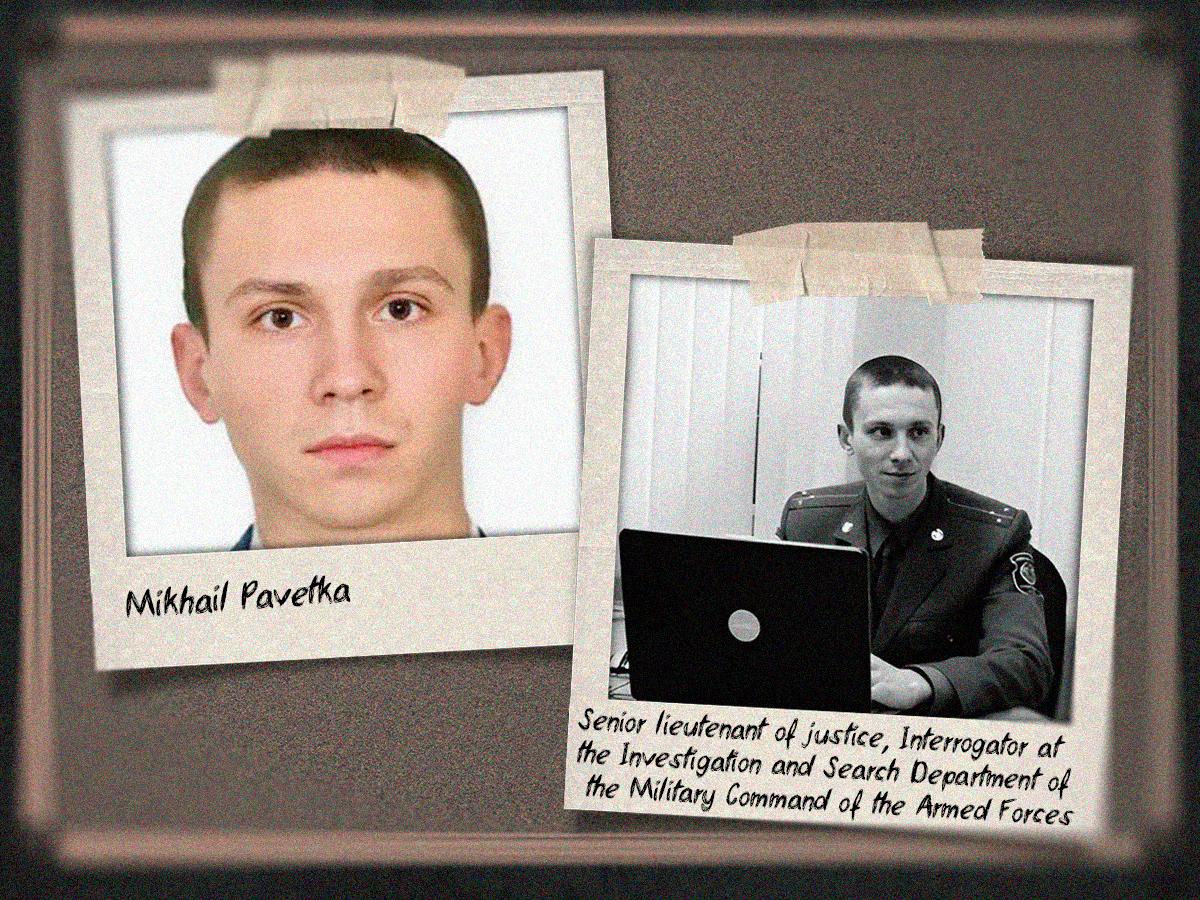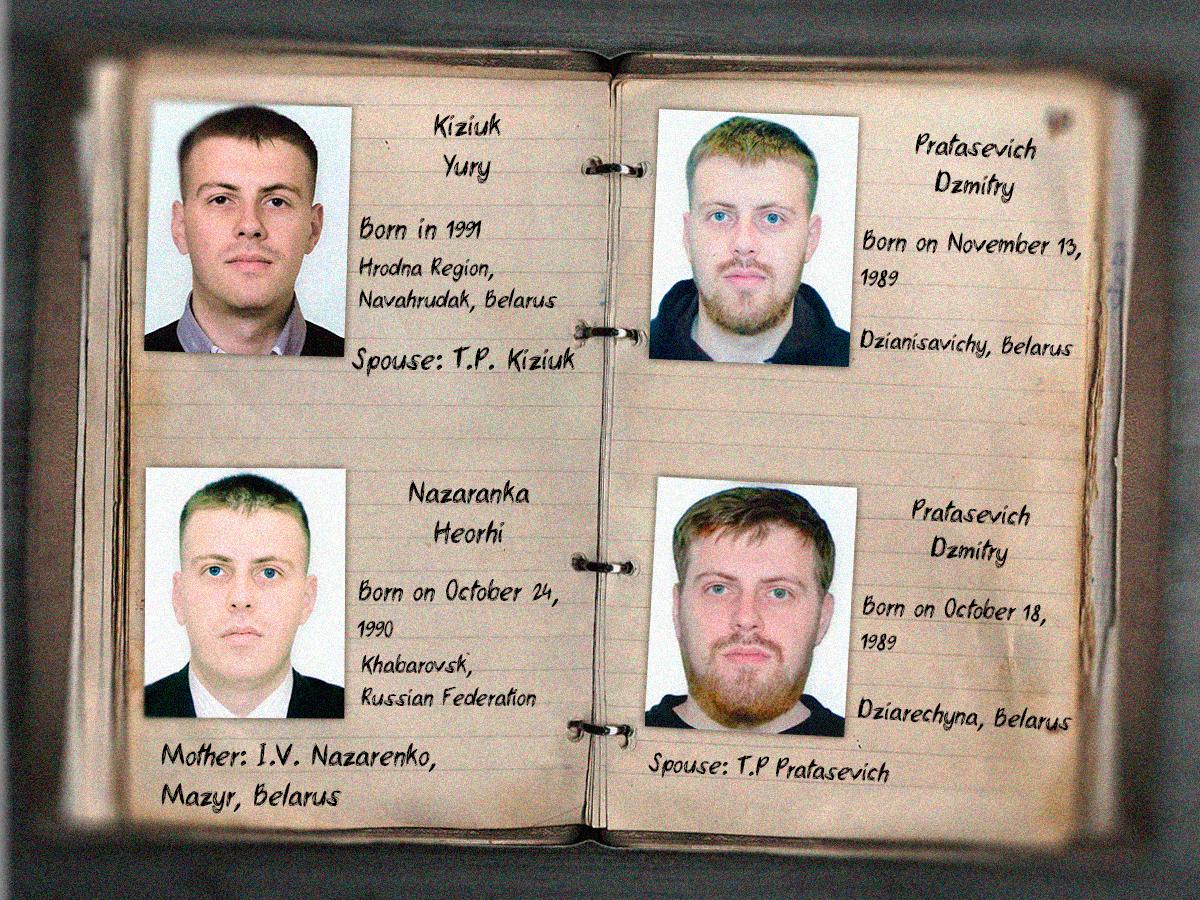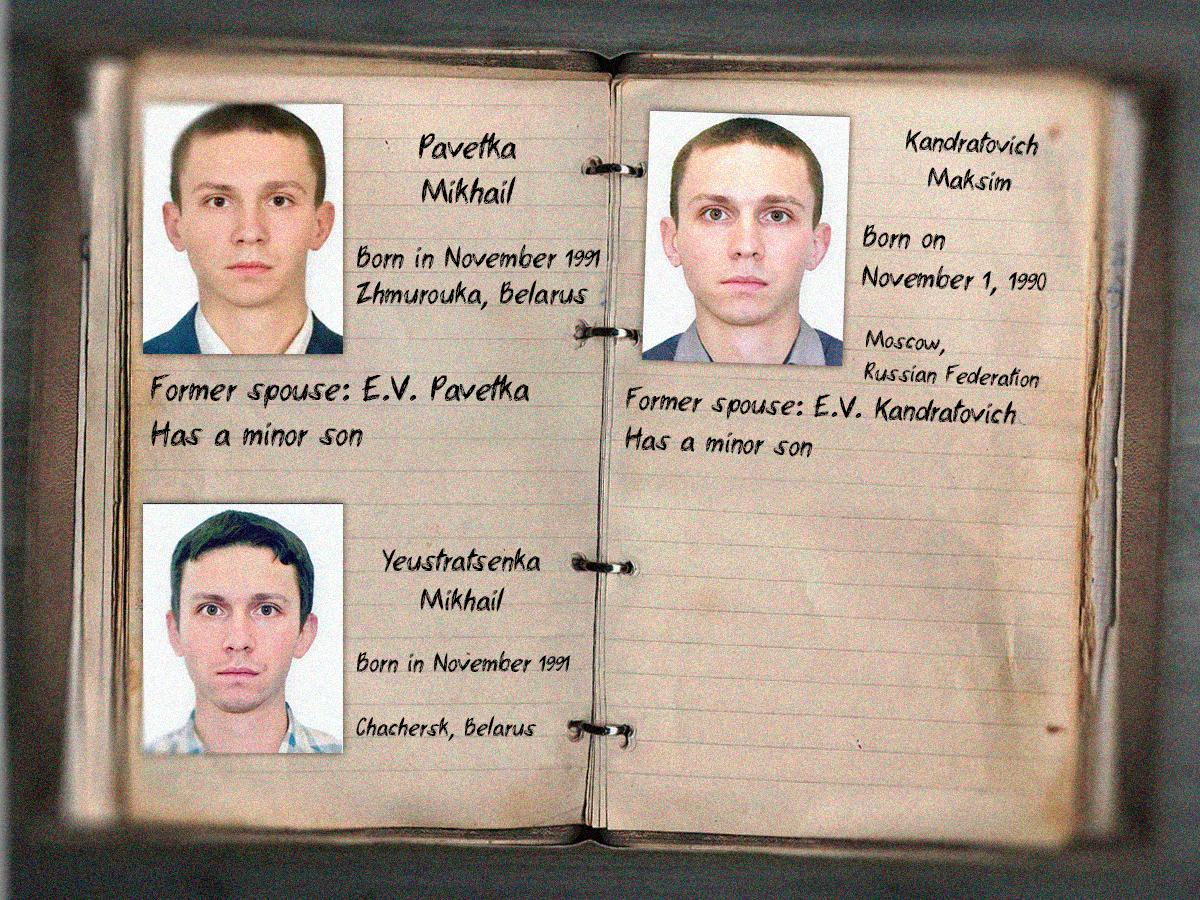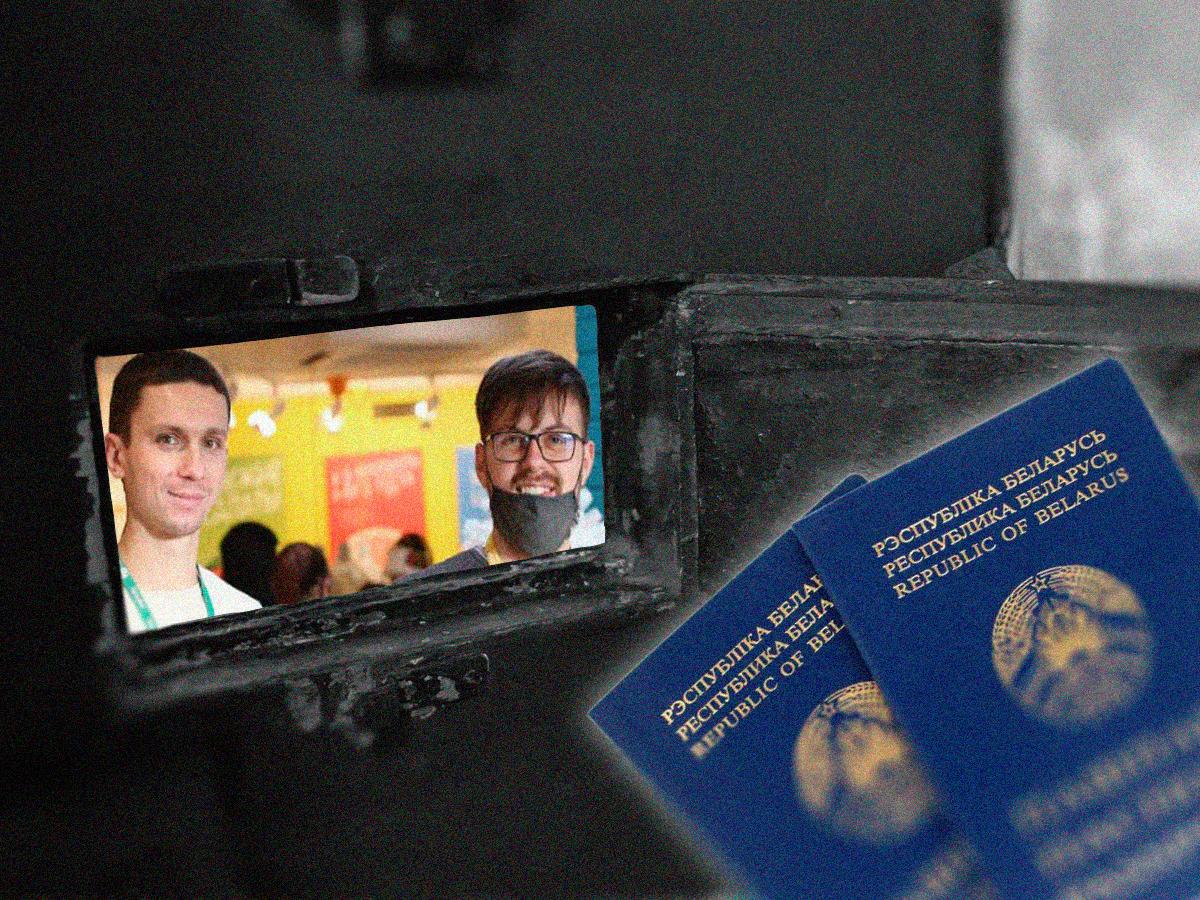We spoke to lawyer Ales Mikhalevich and asked him to comment on the facts we gathered. He confirmed that ordinary citizens cannot have more than one valid passport unless they are a member of the intelligence services. The lawyer also said that acting in the name of a fictitious person in the territory of another country is a criminal offense.
“Even if these documents had been obtained legally on the territory of the Republic of Belarus, such an identity has no existence. And in this case, there are clear signs of a criminal offense, and this person can, in my opinion, be held criminally liable for falsifying documents,” Mikhalevich explained.
He added that if there was evidence, they could also be prosecuted for espionage:
“Most EU penal codes contain articles on espionage, even if the actions are not directed against the country in question. This means that if a person has been an agent of a foreign intelligence service and has failed to report this to the local counter-intelligence service of the country in which they are located, that in itself is a crime. You can be imprisoned for five years if there is no harmful activity against the country. Suppose an individual is found to have engaged in activities that threaten the security of their country of residence. For instance, in the case of Poland, they may face a sentence of up to life imprisonment.”
The press service of the National Anti-Crisis Management, to which the BIC sent the request, said that it was aware of the Belarusian spies.
"We find it important to flag that this case is already being handled by the Polish authorities. It might be best to avoid publicity at this stage, as it could impact their work," stated the organisation’s representative.
The BIC journalists also contacted the Polish Prosecutor’s Office to inquire if the office knew anything about the activities of Pratasevich and Kandratovich in Poland. We have not yet received a response.
No panic
Franak Viachorka, Sviatlana Tsikhanouskaya's Chief Advisor, gave BIC some tips on how to avoid becoming a source of information for a spy. He said it's important to be mindful of information hygiene and to check the backgrounds of suspicious people.
“You can check that person’s background, see what social networks they're on, and ask for a recommendation from people who know them. There are organizations that can conduct inspections, such as BELPOL, for example. And remember, our strength lies precisely in solidarity, mutual support, and humanity. On one hand, let's be cautious, but let’s not lose our faith in people, because taking away that faith is the regime's goal”.
Viachorka also said that we should not overestimate the capabilities of special services, get paranoid, and accuse everyone of working with the KGB. He thinks that "this is exactly what the security services and the regime want — to make people distrust each other and split unity".
This materials/publication/video was produced with the financial support of the European Union. Its content represents the sole responsibility of the EU4IM Project, financed by the European Union. The content of the materials/publication/video belongs to the authors BIC and does not necessarily reflect the vision of the European Union.




